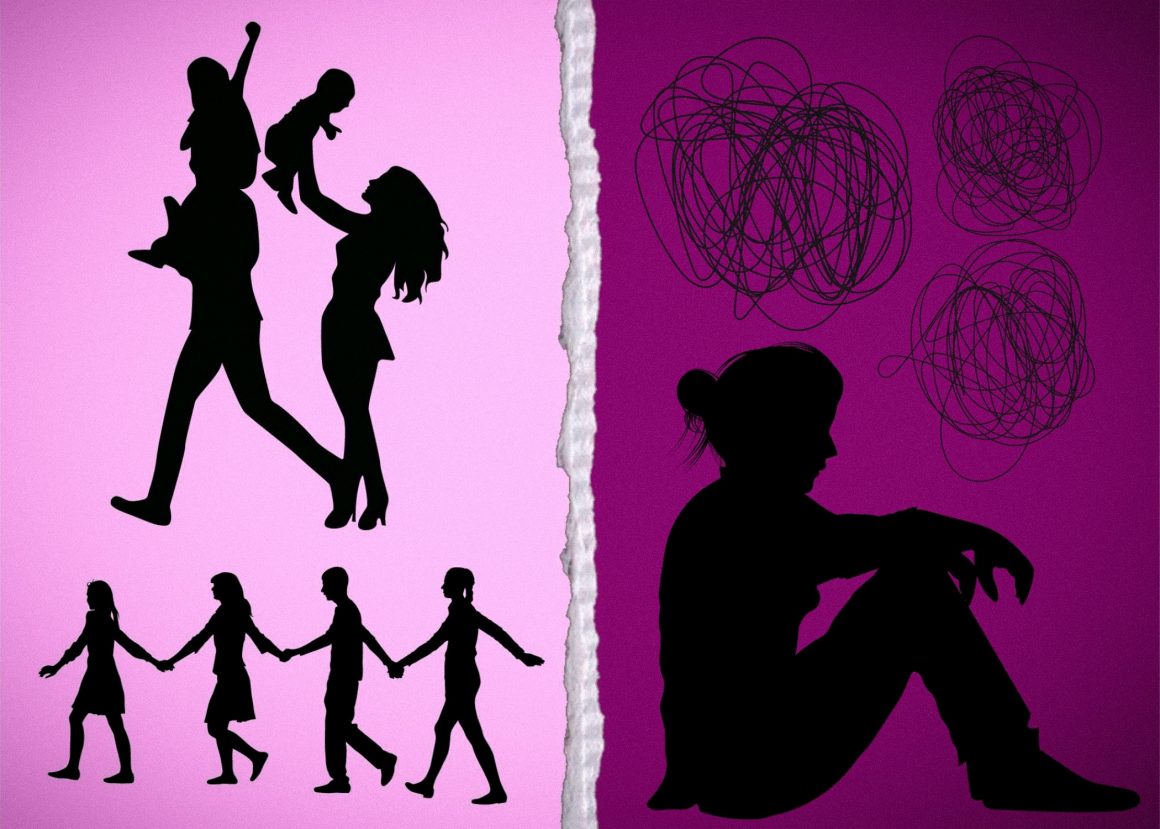
Never a child, never an adult: The third parent in immigrant households
By Amina Al Haidery, September 22 2023—
We all know her — either we are her or we have witnessed her struggles. She is restless in her benevolence to others and compliant with her indifference to her own needs. She is a victim of the timeless ideology that women are caretakers and is simultaneously expected to always be under her parents’ reign. She is relied on and has nobody to rely on; dependable but independent.
She is the eldest daughter.
The notion of the eldest daughter having to contort into the role of the third parent has permeated immigrant households for far longer than has been acknowledged. From birth, she is expected to possess an innate parental responsibility for both her younger siblings and her parents themselves. This creates a complex, frustrating dichotomy between never having a childhood and yet — never being seen as an adult.
As her parent’s first child, she more times than not knows more English than they do and is assigned the role of translator, form-filler and bill interpreter. If she accepts this role, she will enter the adult world of taxes, insurance, bills and money problems far before she should need to. Her childhood is stripped from her and she is left with bearing the overwhelming responsibility of her household’s welfare. If she doesn’t accept this role, the indignation she feels may melt into a guilt that puts an equally heavy weight on her.
When she’s in the second grade, her father receives a letter in the mail stating he owes money to the CRA, a hefty amount at that. She sits with him at the kitchen table and tries to translate his petrified rambles into legible handwriting to send back. She worries that if she does this wrong, something bad will happen to her family. She worries that if she tells her father the truth, that she has no idea what she’s doing, something bad will happen to her family.
Her adulthood brings with it more answerability than it does freedom, as she is expected to be well-educated yet not indifferent to housework and ready for marriage yet not too fondly speaking of leaving her family. All she has ever known is to take care of everyone around her and it will be a number of years before she — if even given the chance — is able to learn to put herself first. She is unwilling to accept help because she’s grown to get used to not having any.
This can also manifest in her becoming a people-pleaser, which can be an inherent danger for a woman whose self-worth is rooted in caring for others. It can delude her into thinking it is her only purpose, leading her into one-sided relationships and friendships and alienating her from herself and the pursuit of her own well-being.
I’d like to note a massive contrast between the eldest daughter and the eldest son, too, in that they carry different responsibilities and expectations. If he deviates, the household will not crumble without him. If she deviates — rather, if she bursts at the seams from the pressure — she is expected to be sewn back together only to hold her family afloat because she is what keeps them composed.
On the other hand, this burden can merit resentment towards her family. She may grow distant and live in a dissociative state of doing what she’s told and nothing more, having succumbed to the belief that she is, in fact, the third parent.
She is her parents’ biggest disappointment when something goes wrong but not their greatest achievement when she does everything right because that is what is expected of her. In no circumstance does the eldest daughter in an immigrant household feel relief. She is forever bound to her family’s will.
This article is a part of our Voices section and does not necessarily reflect the views of the Gauntlet editorial board.
